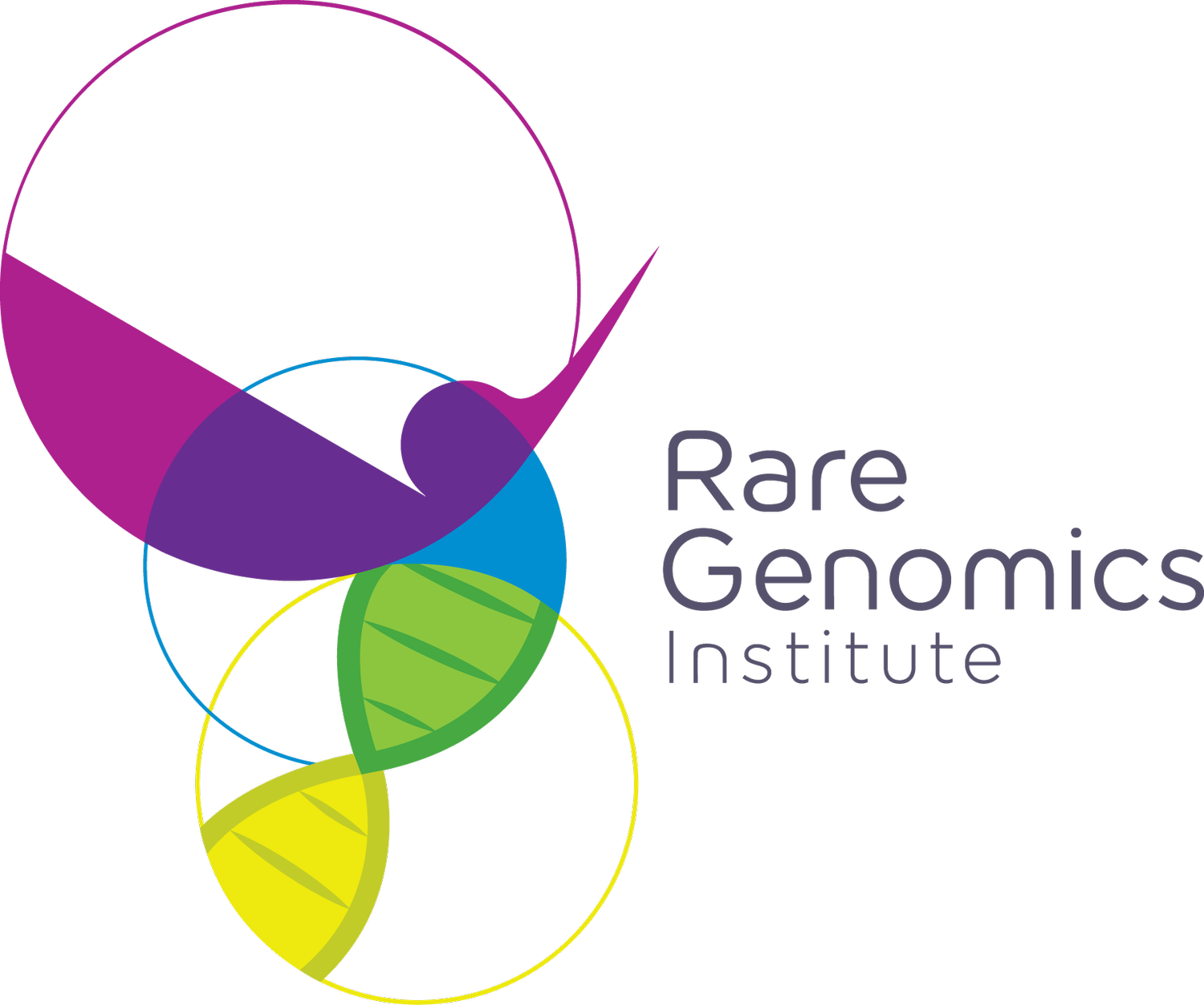Birdshot Chorioretinopathy
What is Birdshot Chorioretinopathy?
Birdshot Chorioretinopathy is a rare progressive condition characterized by vitritis (inflammation) and multiple ovoid spots, which are typically orange in colour and hypopigmented, in the eye. Patients with Birdshot Chorioretinopathy may experience gradual blurring of vision, nyctalopia (trouble seeing at night), floaters, disturbance of colour vision, glare, photophobia, and decreased peripheral vision. Birdshot Chorioretinopathy may eventually lead to complete vision loss.
What is the prevalence of Birdshot Chorioretinopathy?
Birdshot Chorioretinopathy affects between 0.6 and 1.5 percent of the population. The disease is more common in North European descents with a female preponderance which is 1 in 2000. It accounts for 6%-8% of cases of posterior uveitis. Prevalence in US is 1 in 200,000. In North Carolina, it is estimated to be 1 in 700,000. The condition typically occurs in the Caucasian population aged 35-70 years, with the average age of diagnosis at 50 years.
How is Birdshot Chorioretinopathy diagnosed?
The most common test for diagnosis of Birdshot Chorioretinopathy after examination in the eye clinic is the human leukocyte antigen (HLA) test. Electroretinograms which measure electrical responses by the various cells of the retina may also be carried out. Patients with Birdshot Chorioretinopathy will show diminished responses in the electroretinogram tests. Biopsies may be performed to verify diagnoses.
Is there any specific gene/pathway in Birdshot Chorioretinopathy that has been identified?
The cause for Birdshot Chorioretinopathy has not been confirmed; however, it is believed that the condition is related to inherited retinal autoimmunity dysfunction. There is a strong link of the condition to the presence of the human leukocyte antigen A29 (HLA-A29) molecule. Positivity for the HLA-B12 antigen may also be linked to Birdshot Chorioretinopathy, although this causation has not been confirmed.
How is Birdshot Chorioretinopathy treated?
There are a variety of treatments available for Birdshot Chorioretinopathy. The most common ones are corticosteroids, ciclosporin, and cytotoxic agents, which help to reverse visual field loss. Daclizumab may also be taken to stabilize vision and decrease inflammation. Depending on the severity of the condition, laser treatment or photodynamic surgery may be suggested. Patients with minimal symptoms and good vision usually do not require treatment.
Are there any clinical trials underway for Birdshot Chorioretinopathy?
The National Institutes of Health (NIH) has already completed two clinical trials for Birdshot Chorioretinopathy. Currently, there are no clinical trials underway for the condition. More information on future studies and patient recruitment can be found here.
How can RareShare be helpful to Birdshot Chorioretinopathy patients and families?
The Birdshot Chorioretinopathy Rareshare community has 102 members. There are currently 22 active discussions underway, helping to connect patients, health workers, caregivers and families interested in Birdshot Chorioretinopathy and providing them continual access to community resources.
